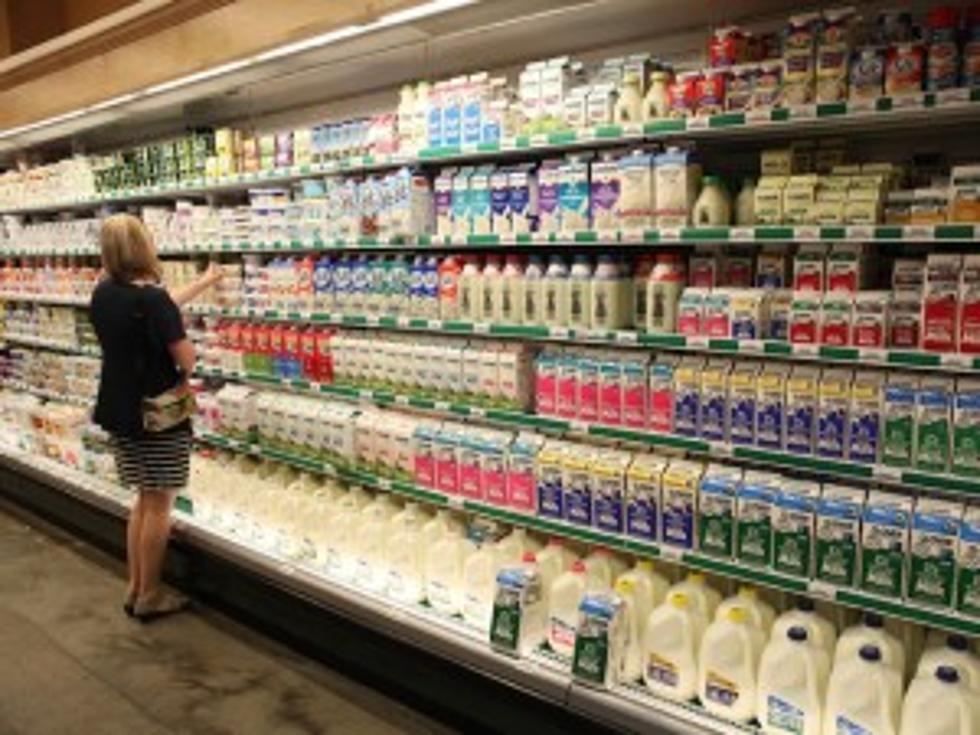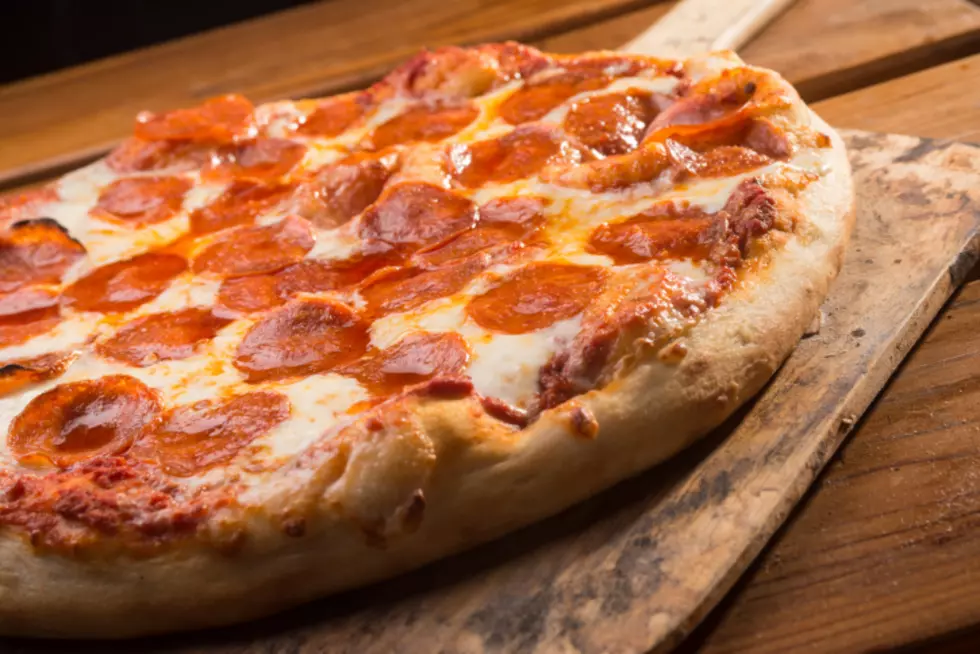
Will Nutritional Scores Make People Eat Healthier?
If you read food labels when grocery shopping, you’re not alone. And in some stores, they’ve made it even easier for you, displaying nutritional scores alongside prices.
Since labels can sometimes be confusing, a growing number of stores are signing up to have the foods they sell evaluated and ranked for nutritional content.
One of the largest such rating companies, NuVal, is a nutritional scoring system developed by an independent panel of nutrition and medical experts. It uses a 100-point system, assigning higher scores to foods with the best nutritional content.
The idea is to help people make better food choices and take some of the guesswork out of grocery shopping — and it’s proving quite popular.
“It’s been very well-received by our customers,” said Kelli McGannon, a spokeswoman for King Soopers, a chain with stores in Colorado, New Mexico, Utah and Wyoming. McGannon said the company is also staffing stores with dietitians to help consumers understand NuVal and answer other food questions.
As government officials study whether more regulations are needed on packaging overall, NuVal and other companies like it are making things easier for dietary-conscious consumers. And while shoppers may not always choose the healthiest foods, the ratings systems are at least helping them make more informed decisions.
Eric Williams, a food writer from Waukee, Iowa, said he and his wife pay attention to the scores. “We’re not very nutritionally educated, but the one-number system allows us to quickly make nutritional choices based on what is on our grocery list,” he said. “If we want macaroni and cheese, we can quickly scan that section for the most nutritional choice, evaluate the cost difference and then choose accordingly.”

